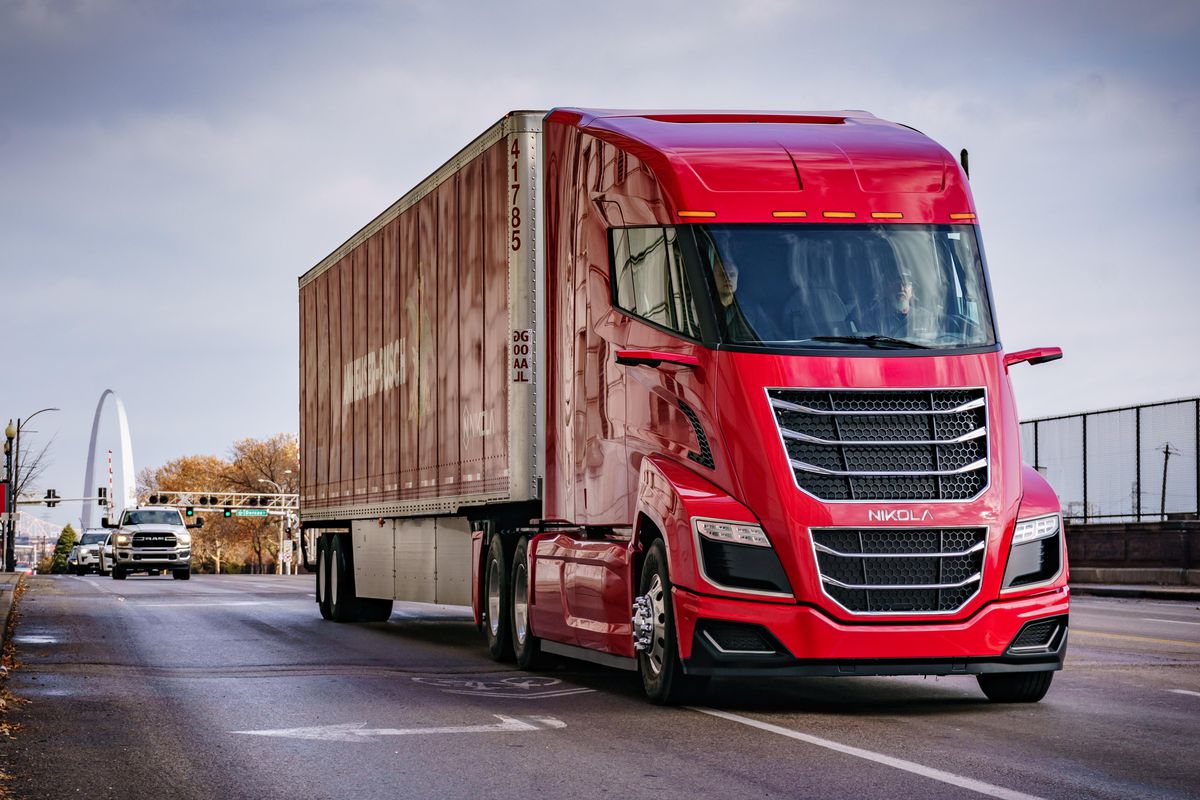The global campaign to minimise greenhouse gas emissions has highlighted the transportation industry as one of the main producers of carbon gases, necessitating a special focus by sector innovators.
Green hydrogen vehicles, pioneered in South Africa with global fanfare by mining giant Anglo through the fuel cell electric vehicle (FCEV) mining truck at Mogalakwena mine, have the potential to revolutionize the South African public transportation and corporate sector transportation value chain, as well as significantly upend network architecture, in the coming years.
In particular, with the potential to significantly reduce air pollution in the form of greenhouse gases from trucks, buses, planes, and ships, hydrogen is hailed as the next point of reducing carbon emissions in South Africa due to its capacity to store and deliver clean energy for many uses across a diverse range of economic sectors, including transportation. The transportation industry is responsible for 29% of the greenhouse gas emissions that trap heat and cause climate change.
When used as a fuel and energy source in a fuel cell, hydrogen can power cars and trucks while producing no hazardous emissions. Heavy-duty vehicles, which make up a significant portion of the cars on South African roads, can reduce emissions by using hydrogen and fuel cells.
While most electric vehicles use a battery, certain vehicles use both a hydrogen fuel cell and a battery. Electric motors are used in all electric cars.
Electricity directly charges the battery in battery-only electric vehicles. Hydrogen is kept as a fuel in a tank in hydrogen fuel cell automobiles. The hydrogen stores energy, flows into a fuel cell, combines with oxygen in the air to produce electricity, which powers the electric motor.
Fuel cell technology is able to offer unmatched performance for vehicles in the road and rail sectors. Through improved power to weight efficiency, quicker refuelling times, and noticeably longer ranges, these FCEVs are able to surpass their fossil fuel and battery rivals.
Hydrogen is unique in its ability to decarbonize the transportation sectors across the aviation and shipping industries since it can provide carbon-neutral fuels that can be used in traditional carbon-intensive technologies like jet engines and diesel engines.












